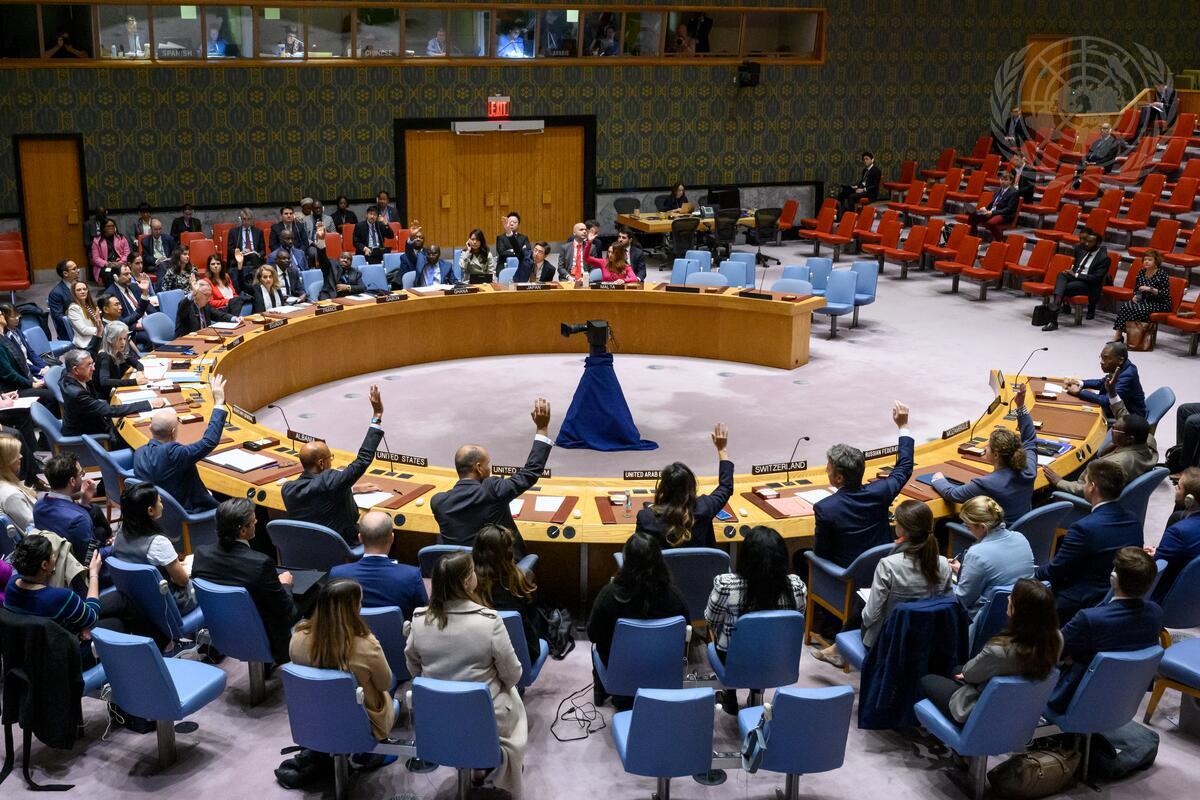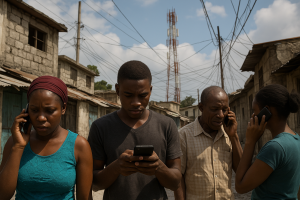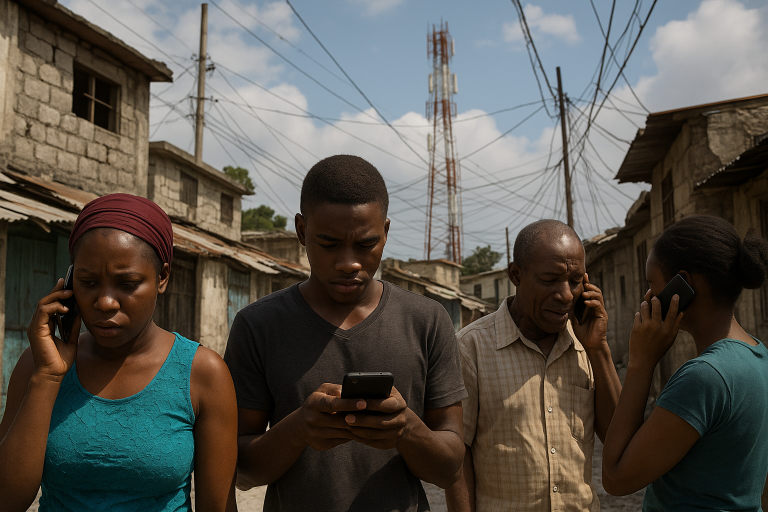The United Nations Security Council unanimously adopted Resolution 2752 (2024) on Haiti, marking a collective effort to address the country’s deepening security and humanitarian crisis. The resolution imposes a one-year arms embargo, requiring all Member States to take the necessary steps to prevent the sale, supply, or transfer of arms to Haiti. This is part of a broader international initiative aimed at curbing the violence perpetrated by armed gangs and criminal networks, which have destabilized the nation for years.
Additionally, the resolution extends the mandate of the Panel of Experts for 13 months, as originally outlined in Resolution 2653 (2022). This Panel plays a critical role in ensuring compliance with the embargo and monitoring the flow of arms and illicit finances. By extending their mandate, the Security Council signals its commitment to sustained oversight and accountability, recognizing that these efforts require continued vigilance and international cooperation.
However, the adoption of Resolution 2752 (2024) goes beyond being just a United Nations or government effort. It underscores the need for accountability and active participation from multiple sectors, including the Haitian government, civil society, and the business community. This crisis, which has been fueled by systemic corruption, political instability, and economic despair, can only be addressed if all parties—domestic and international—commit to a unified approach.
The Role of the Haitian Government
While the United Nations and international actors play a vital role in providing support and oversight, the Haitian government must take responsibility for reforming its institutions and tackling the corruption that has allowed criminal networks to flourish. There is a need for strengthened governance, judicial reform, and a rebuilding of law enforcement capacity to regain control over areas dominated by armed groups. The resolution acts as a reminder that without accountability within Haiti’s political leadership, any external measures will only offer temporary relief.
The Business Sector’s Responsibility
The Haitian business sector must also shoulder its share of accountability. Many businesses have been affected by the violence and instability, but they can also be part of the solution. The private sector must adopt ethical practices and avoid facilitating or benefiting from the ongoing conflict. This includes ensuring that their supply chains and operations are not complicit in funding criminal networks. Haitian and international businesses operating in Haiti need to partner with local communities, promote stability, and invest in economic opportunities that drive development, rather than exploitation. By creating jobs and promoting fair wages, businesses can help reduce the economic desperation that often fuels gang recruitment and violence.
Civil Society and International Partners
Civil society organizations, both within Haiti and across the Haitian diaspora, play a crucial role in advocating for the rights of the population, promoting transparency, and providing humanitarian support. Their collaboration with international partners is essential in holding both government and businesses accountable to the principles of human rights, social justice, and development.
A Shared Responsibility for Stability
Resolution 2752 (2024) serves as a call to action for all parties. The arms embargo and extension of the Panel of Experts are vital tools in preventing further escalation of violence, but their success hinges on a collective and sustained effort. This resolution highlights that peace and stability in Haiti cannot be achieved through international intervention alone. It demands a shared sense of accountability from every sector involved—governments, businesses, civil society, and the international community.
Without this multi-faceted approach, the arms embargo and monitoring efforts will be insufficient to address the root causes of Haiti’s crisis. A coordinated response that promotes governance reform, economic development, and social stability is essential to breaking the cycle of violence and fostering lasting peace.












Add a comment